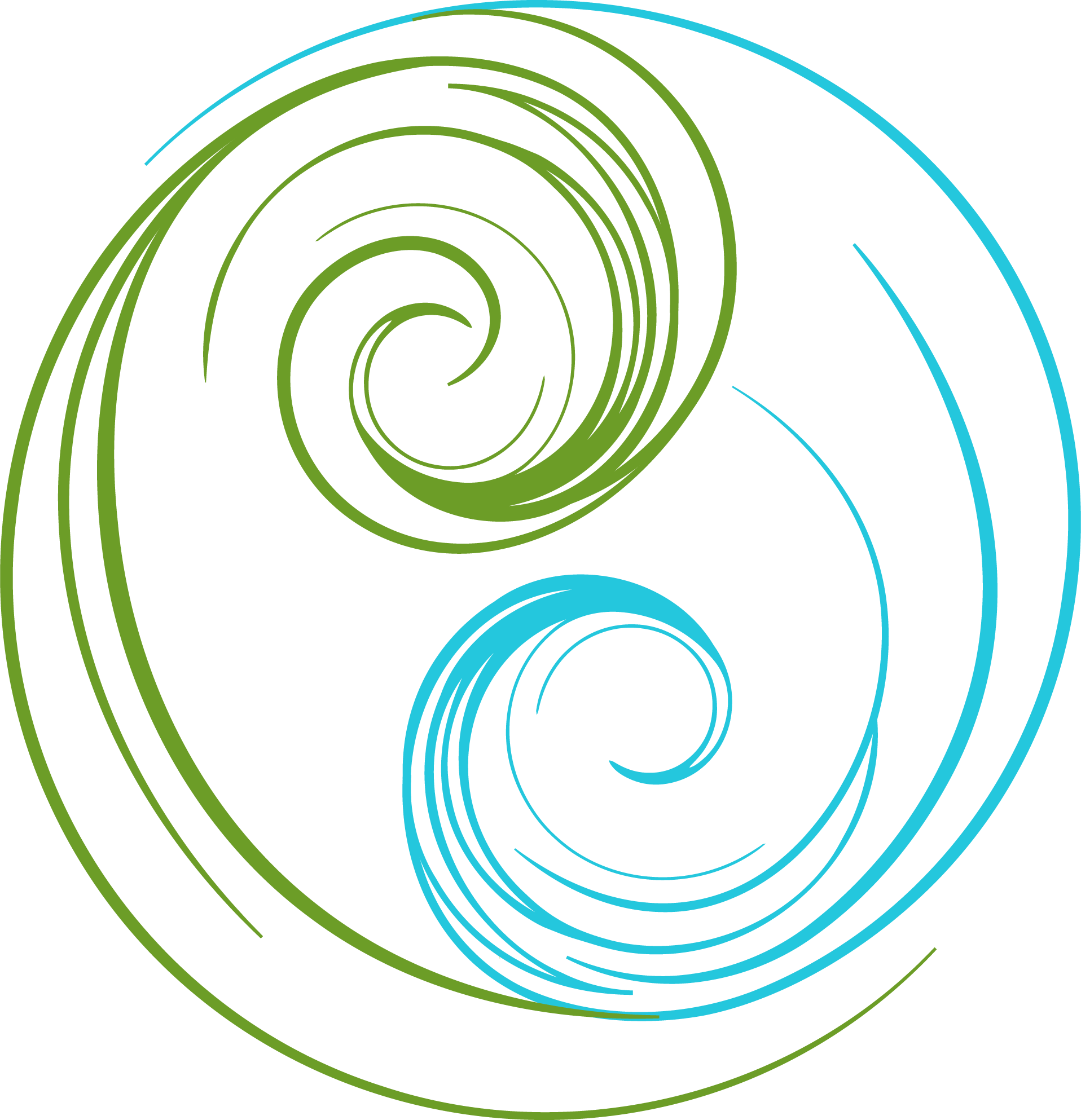Frequently Asked Questions
Frequently
Asked Questions
Taiji Matthews teaches authentic Taiji and Qigong in-depth. You will learn much more than chorography and movement sequences. Importantly you will study the principles and fundamentals that support your practice. By learning and applying correct principles and fundamentals, your practice will be more effective and efficient. In other words, you will reach a deeper understanding of these arts, the results will be profound and come more quickly.
Taiji, which today is most often practiced as a means to improve one’s personal health, is actually an internal martial art. Taiji is a mind-body exercise characterized by slow, gentle, soft and whole-body coordinated movement with attention to breathing, relaxation and mental focus.
Qigong or “Energy Work” is a more than 4,000-year-old system of exercises designed to improve the quality and quantity of Qi (Chi or vital energy) within your body.
Qi is often defined as universal energy or vital life force. It is the force that makes up and binds all things in the universe. Taiji and Qigong practice focuses specifically on the Qi within one’s body.
Here is a partial list of many of the recognized areas of health benefits of Taiji and Qigong practice:
- Arthritis relief
- Better quality of life for those suffering from cancer and heart disease
- Better sleep
- Enhanced coordination and agility
- Enhanced immune system
- Improved balance
- Improved cognitive function
- Increased joint mobility
- Overall health and wellbeing
- Pain relief
- Reduced anxiety
- Relaxation
- Relief from symptoms of Parkinson’s and PSTD
- Stress relief
Well, there are more than 4,000 years of history where Qigong was effectively China’s health care system. Also, the benefits of regular practice of Taiji and Qigong have been recognized by respected entities such as The Harvard Health News Letter, Mayo Clinic and National Institute of Health and include positive effects related to stress relief, reduced anxiety, joint mobility, pain relief, better sleep, cognitive function, balance and more.
Taiji and Qigong practice is suitable for people of all ages from the young to not so young. It is literally “An Art You Can Practice for a Lifetime.”
First, Taiji principles and fundamentals are pretty much the same for all styles with our style emphasizing certain elements. “Hunyuan” refers to an emphasis on spiraling and circular movements in the body and limbs. “Xinyi” refers to a soft-style Chinese martial art, also practiced by the style’s founder Feng Zhiqiang, that influences aspects of Hunyuan Taijiquan. Also, Qigong is emphasized in all movements and practices and gives priority to internal aspects. This emphasis enables practitioners to quickly feel and develop the flow of Qi within their bodies.
If you practice a hard style of martial art, the practice of Taiji and Qigong can add a new dimension to your level of martial power and ability. A phrase found in Chinese martial arts is: “Soft to Hard, Hard to Soft.” This means that if you first practice a hard style martial art, that you must then practice a soft or internal style in order to fully develop your skills (and vice versa). In addition, there are the health and wellbeing benefits available to everyone.
Have another question? Ask it here!

